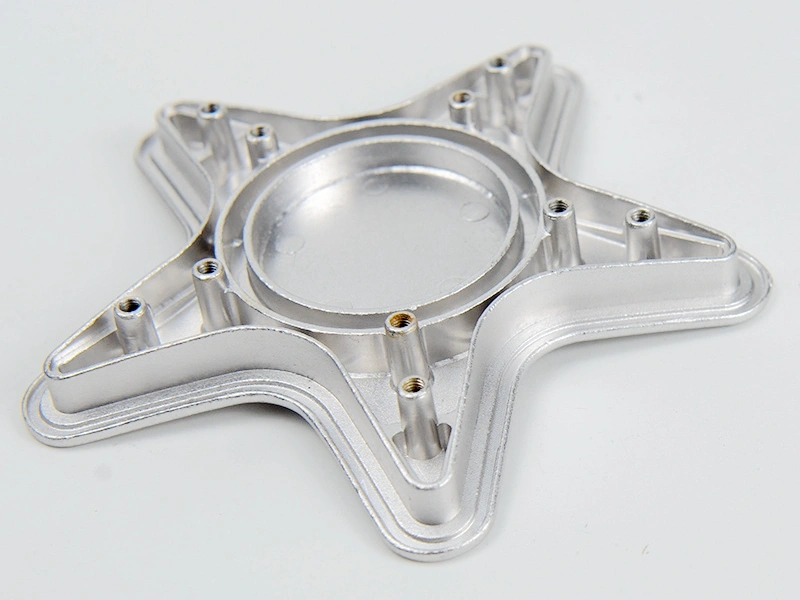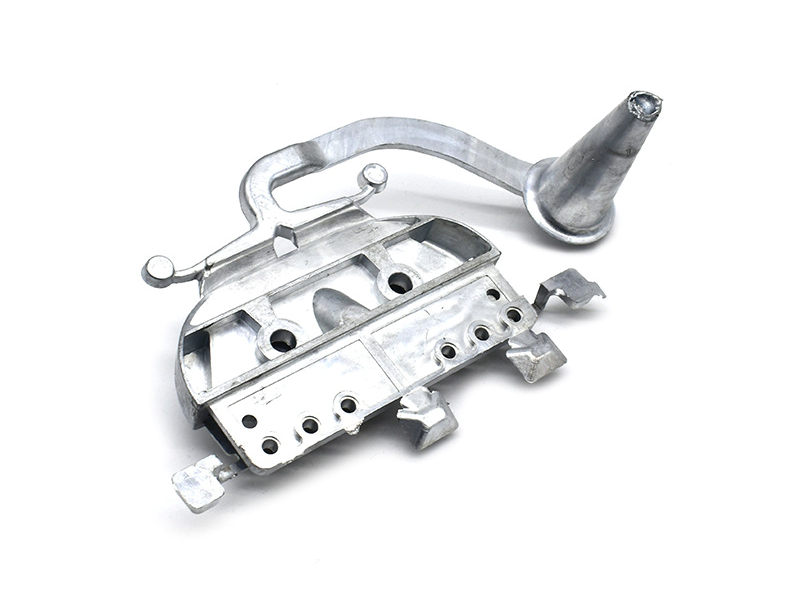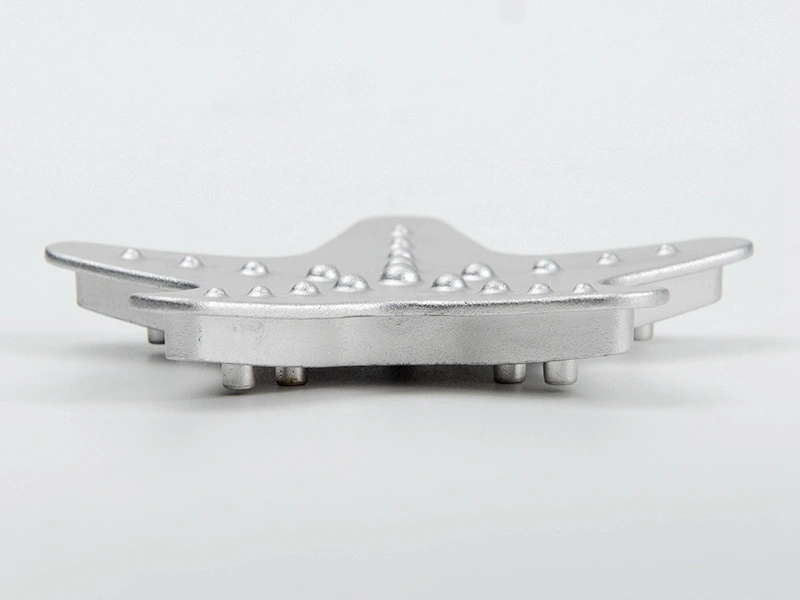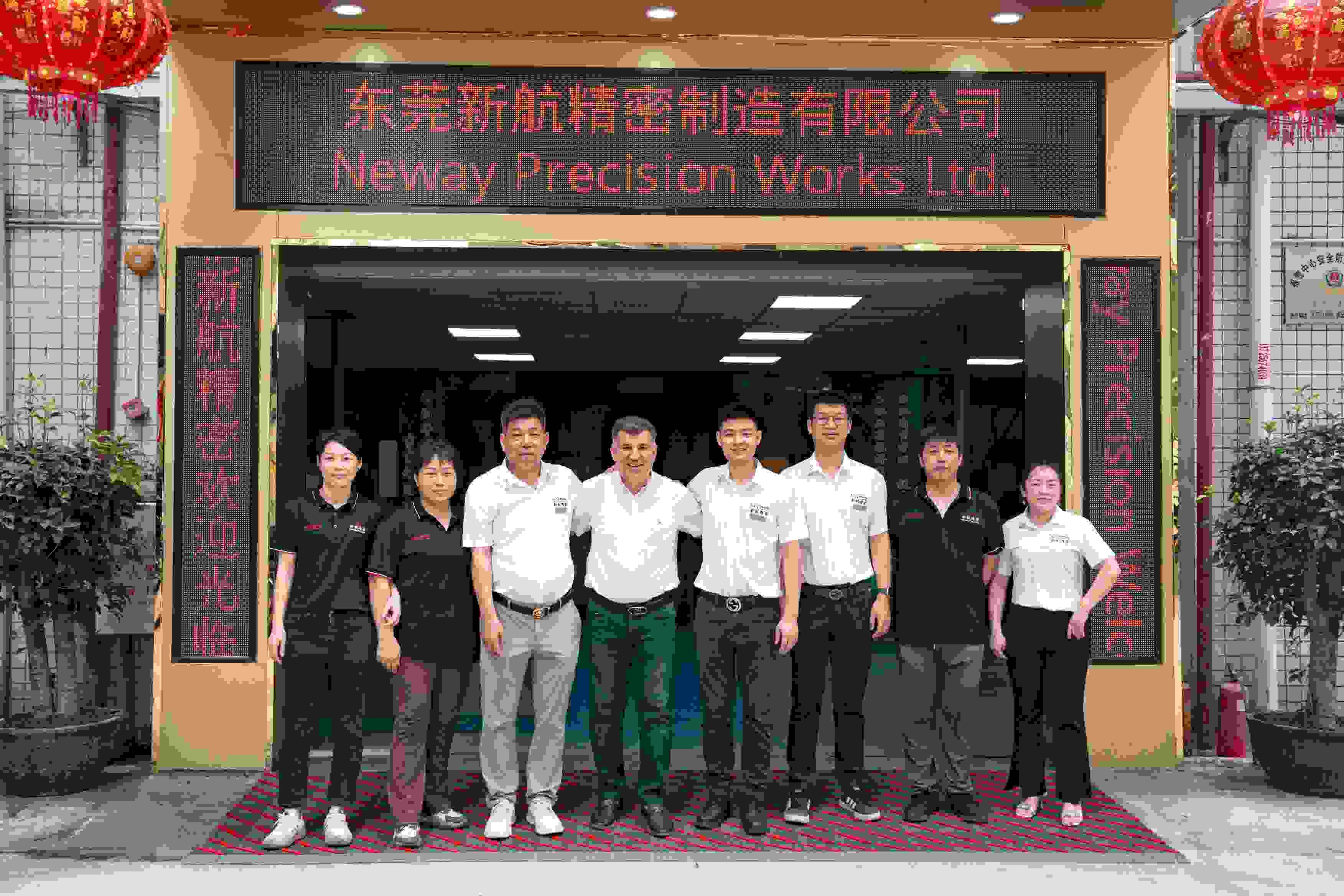How does zinc compare to aluminum in tooling life and part precision?
How Does Zinc Compare to Aluminum in Tooling Life and Part Precision?
Tooling Life Comparison
When comparing tooling life in die casting, zinc and aluminum alloys significantly differ due to their melting temperatures and casting characteristics. Zinc alloys, such as Zamak 3 and Zamak 5, typically melt at lower temperatures around 419°C (786°F). This lower melting temperature places considerably less thermal stress on dies, extending tooling life significantly. Industry standards suggest zinc die casting tools commonly achieve lifespans exceeding 500,000 shots and, under optimal conditions, can reach up to 1 million shots or more.
Aluminum alloys, including A380 and ADC12, require higher temperatures (approximately 660°C or 1220°F). These elevated temperatures accelerate tool wear and thermal fatigue, typically limiting aluminum die casting tools to around 100,000 to 200,000 cycles before significant refurbishment or replacement is necessary.
Part Precision and Dimensional Accuracy
In terms of part precision and dimensional accuracy, zinc die casting provides distinct advantages. Zinc alloys exhibit excellent fluidity and reduced shrinkage rates during solidification—typically around 0.6%, per NADCA guidelines—allowing for highly detailed and dimensionally stable castings. Zinc components often achieve tighter tolerances (±0.05mm or better), making zinc ideal for intricate, precise, and thin-walled parts.
Aluminum alloys, while robust and lightweight, exhibit higher shrinkage rates (typically around 0.8% to 1.3%) and can encounter greater dimensional variability. Standard aluminum die casting tolerances typically range between ±0.1mm to ±0.2mm, making aluminum well-suited to structural components where strength-to-weight ratio is critical, but extreme precision is less paramount.
Selection Guidance Based on Requirements
Zinc Alloys: Optimal for high-volume applications demanding excellent surface finish, intricate detailing, tight tolerances, and prolonged tooling lifespan.
Aluminum Alloys: Suitable for applications prioritizing lightweight structural performance, good strength-to-weight ratios, and moderate precision where tooling life expectations are lower.
Recommended Die Casting and Related Services
To effectively select and leverage appropriate alloys and tooling options, we offer:
Alloy-Specific Die Casting
Zinc Die Casting: Best suited for precision, high-detail components.
Aluminum Die Casting: Ideal for structural components requiring strength and lighter weight.
Tooling and Die Solutions
Tool and Die Creating Service: High-quality tools designed for maximized lifespan and precise dimensional control.
Advanced Engineering and Prototyping
Die Casting Engineering: Optimizing designs for improved tooling life and dimensional accuracy.
Our comprehensive One-Stop Die Casting Service ensures clients receive optimal guidance in alloy selection, tooling design, and manufacturing efficiency tailored specifically to their product requirements.



